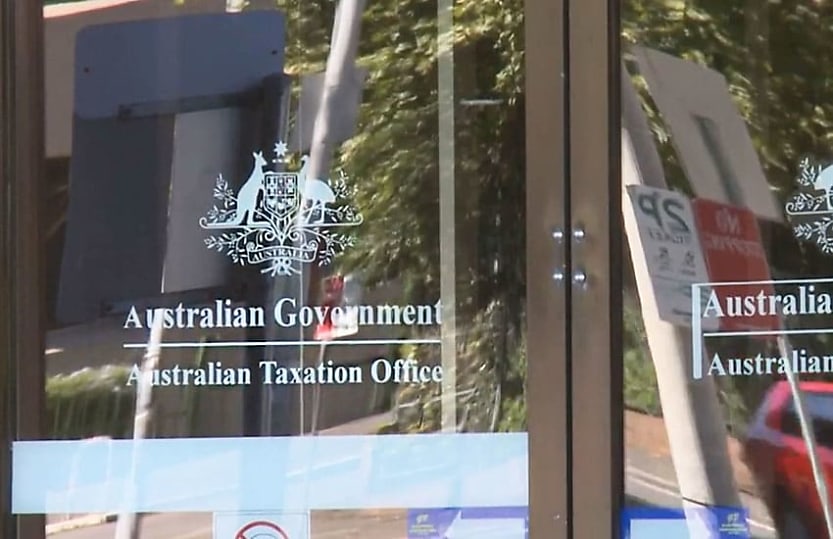ATO focus on FBT, are your clients in the ATO sights?

The ATO is now undertaking FBT audits far more frequently after re-establishing its data-matching programs, says an FBT expert.
Tax professionals should be thorough with their record keeping for fringe benefits tax and ensure they are across the details of the rules with the ATO paying close attention in this area, cautioned FBT Salary Packaging Solutions founder Paul Mather.
Mather said a growing tax gap estimate for fringe benefits tax (FBT) has driven up the rate of ATO audits in this area in recent years.
The latest tax gap for FBT reported by the ATO was around $1.3 billion, which accounts for around a 29 per cent tax gap, he said speaking recently at the Accounting Conference Expo last week.
"When you compare that against the gaps for some of the other taxes which have a gap percentage of around 3-4 per cent, [it's quite high]," he said.
Mather said there is also a significant gap in terms of registrations for FBT.
"The statistics on the ATO website state there are around 950,000 registered employers in Australia. Of that 950,000, Mather estimates there's only around 100,000 registered for FBT," he said.
Mather said as part of its compliance activities in this area, the ATO are going through the lists of motor vehicle registry services in each state and territory are identifying vehicles that are registered in a business name.
They are then checking whether they are registered for FBT, whether they are lodging FBT returns and including vehicles in those returns.
Mather warned that the ATO has also renewed its novated lease data-matching program which will focus on what employers are providing with their novated lease arrangements.
"They're focusing on eight particular fleet managers and sending them mandatory requests for novated lease data," he said.
"So they're getting detailed data in terms of those novated leases, and that detailed data is down to the level of the individual employee, their details, their contact number, their address, the details around the lease itself and the details of the employer."
Mather said the ATO is essentially looking for any gaps in terms of FBT registration.
"The Tax Office is also looking at situations where the employee is double dipping on motor vehicle expenses so the employee is using the novated lease vehicle for work purposes and is claiming back from the employer on a cents per kilometre basis but then also claiming deductions on accessible income," he said.
Tax professionals he said need to ensure they are reviewing log books as employees often don't fill them out correctly.
"Never accept documentation supporting a reduction in FBT or a reduction in taxable value without reviewing it or scrutinising it," he said.
Where the ATO undertakes an audit, Mather said the ATO will likely go back three or four years but he has seen situations where they've gone back as far as 12 years.
"A Melbourne based organisation had a number of vehicles and they reconstructed their logbooks based on diary notes and other records. They lodged FBT returns based on the reconstructured logbooks with the Tax Office," he said.
"The ATO then downloaded the e-tag data for those vehicles and they found days where the vehicle “was supposedly parked at home” was driven multiple times through toll gates."







Comments (0)
Comments powered by CComment